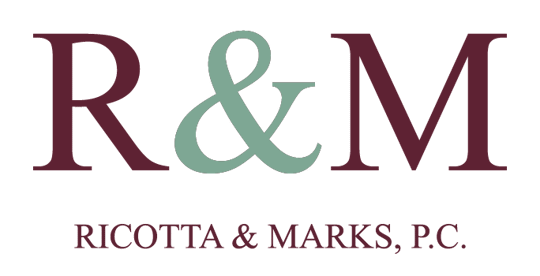A whistleblower is someone who exposes wrongful, unethical or even illegal conduct in an organization by reporting it to outside authorities.
It is well established in employment law that there are protections for these people against retaliation by employers. When employers do not honor those protections, legal recourse is possible.
In this post, we will discuss a current whistleblower case involving a former officer of the New York Police Department (NYPD).
The former officer became a whistleblower to expose illegal actions taken by the NYPD to enforce its aggressive stop-and-frisk policy. The whistleblower secretly recorded meetings at which NYPD officials ordered subordinates to meet preordained quotas for arrests and stop-and-frisk contacts.
The whistleblower eventually shared his material about police misconduct with a journalist. It became a source for a book called “The NYPD Tapes,” as well as an episode of the public radio program “This American Life.”
But that was by no means the most provocative piece of this contentious case. According to the whistleblower, NYPD authorities forced him into an involuntary commitment in a psychiatric hospital for nearly a week.
The whistleblower has filed a lawsuit against the NYPD, alleging retaliation. That case is still being litigated. As the Village Voice reported this week, the procedural twists and turns continue to unfold.
Our broader point, however, goes beyond the jarring details of this particular retaliation case. The point is that there are protections for whistleblowers – and that there are committed law firms willing to take such cases on.
To learn more about our practice in this area, please visit our page on whistleblower protection.
The post Protections for whistleblowers against retaliation: a New York case appeared first on Ricotta & Marks, P.C..

